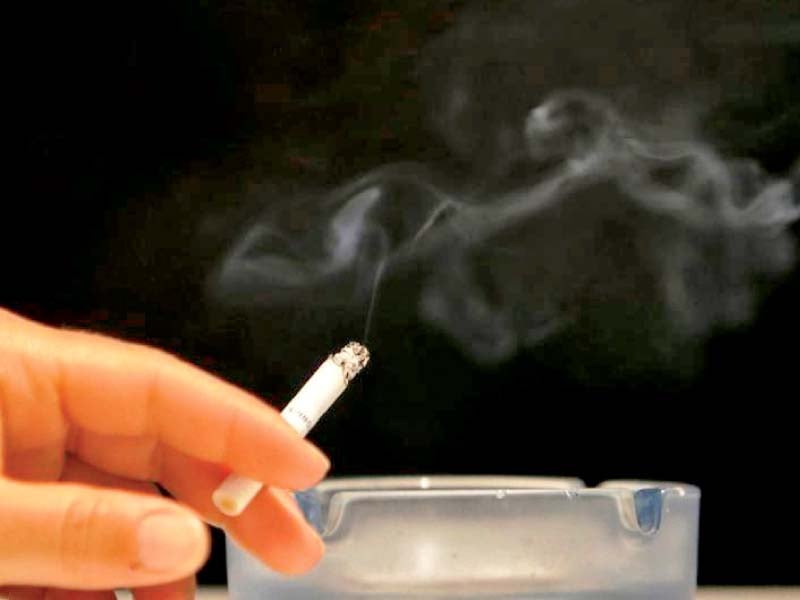LAHORE – The government needs to increase taxes on non-essential items like cigarettes to make up for the budget deficit, urges Capital Calling, a network of academic researchers and professionals.
It applauded the government’s decision to put a Federal Excise Duty (FED) on cigarettes before the budget.
Citing different reports, Capital Calling says that the FED has generated an additional 11.3 billion FED revenue in the fiscal year 2022-23 which is an increase of 9.7% from the previous year. It says that a report has mentioned that an additional 4.4 billion VAT revenue was obtained in the fiscal year 2022-23 which is an increase of 11.5% from the previous year.
Quoting a recent report, it says, “This additional 15.7 billion revenue makes up 0.201% of GDP which is a significant boost for a struggling economy like Pakistan.”
Dr Hassan Shehzad, from International Islamic University Islamabad, said that the increase in taxes on cigarettes leads to a decrease in their consumption. “Hence,” he said, “the government meets two targets with one such decision. On the one hand, it generates more money and on the other, it cuts down the resources that otherwise would have been used on tobacco-related diseases.”
The Capital Calling reports that increased taxation is beneficial for the economy but the tobacco industry misleads everyone claiming that the illicit trade of cigarettes is increasing.
It says that independent bodies and health activists have rubbished the figures about the illicit trade of tobacco pushed around by multinational companies.
These companies under-report their production and then sell their non-reported products in the illicit market, causing billions of losses to the national exchequer, it says, citing different reports.
It says that smoking is the largest silent killer in Pakistan as above 337500 people die due to tobacco use each year. This pandemic also causes an annual economic burden of 615 billion which is 1.6% of Pakistan’s GDP.
The network of academic researchers states that it is estimated that the production of cigarettes has come down by 31.7% in the fiscal year 2022-23 compared to the previous year. It concludes that there is a link between this decline and the increase in taxes on tobacco.
It says that as per recommendations of the World Health Organization, Pakistan needs to increase taxes on cigarettes regularly.
Khalil Ahmed Dogar, Program Manager SPARC said in an event that the children of Pakistan are being targeted by the tobacco industry so that “replacement smokers” could be recruited. Around 1200 Pakistani children between the ages of 6-15 years start smoking every day.
He mentioned that on average Pakistani smokers spend 10% of their monthly income on cigarettes. Therefore increased prices remain the most effective tool in keeping these killer products away from the spending power of children and low-incomed groups, he said.










